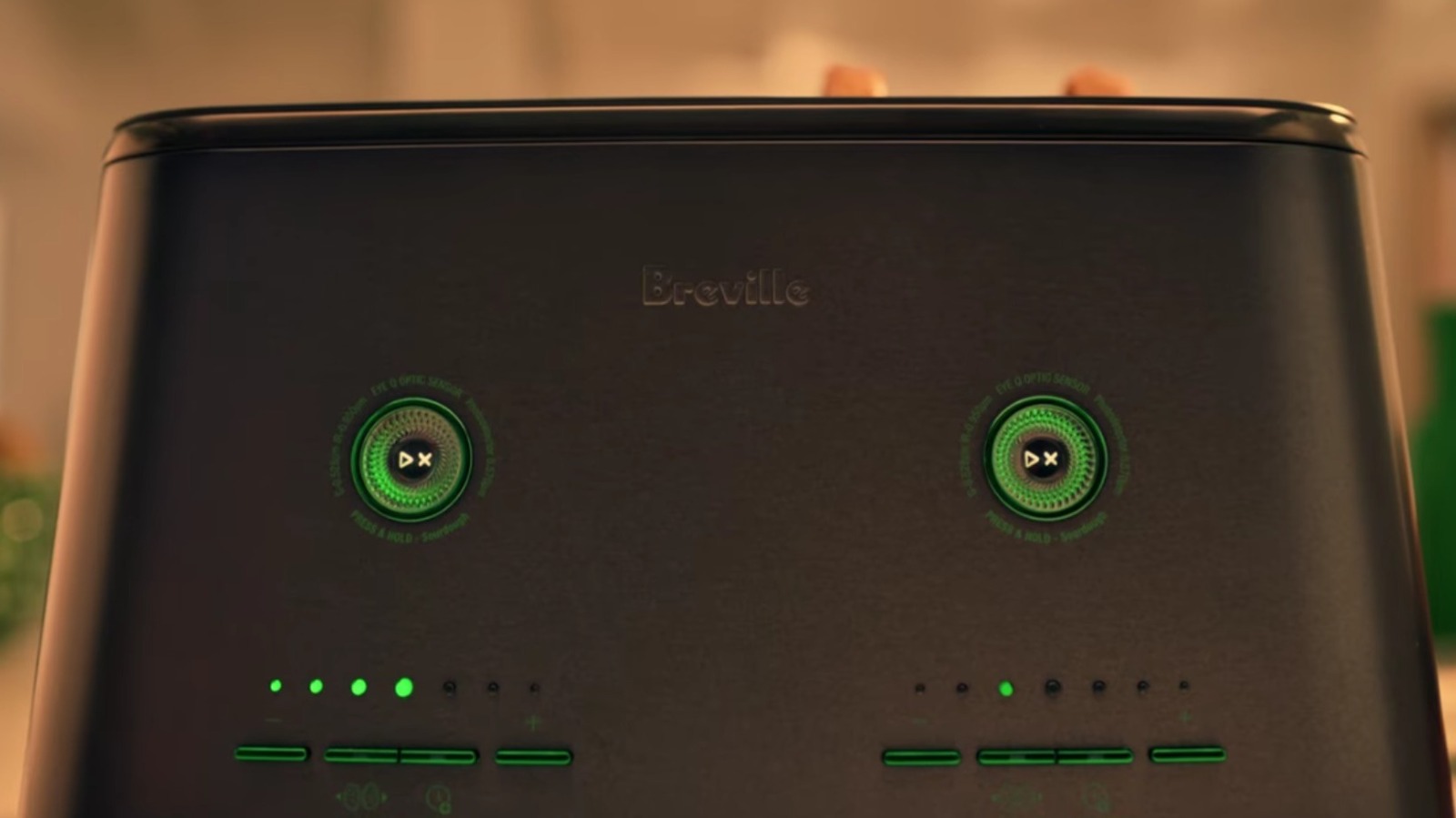Copyright yourstory

A 2023 review published in the World Journal of Clinical Cases notes that while amputation remains a major cause of disability in India, only about 5% of individuals have access to prosthetic devices. Access remains a major barrier, with many amputees unable to obtain prosthetic devices due to high costs, scarce rehabilitation facilities, and limited availability in underserved regions. Two IIT Patna alumni saw this firsthand. Identifying the gap in prosthetics While pursuing their master's at IIT Patna, Llewellyn D’sa and Priyanka D’sa met a batchmate who was born without a hand. He had chosen not to use a prosthetic and faced difficulties with everyday tasks. Curious about why he avoided existing solutions, the duo discovered a major gap in the market. Beyond the high costs, most prosthetics are heavy and bulky, making them uncomfortable to wear for long periods. "He would need someone else's help to wear them, leaving him dependent," Priyanka says. The complexity of these devices creates an additional burden, requiring users to undergo extensive training before they can operate them with ease. They can also be unreliable; myoelectric prosthetics, which work through muscle-signal sensors, often stop responding properly because of sweat, humidity, skin movement, or muscle fatigue. “That’s when we thought, why not build a lightweight hand he could put on himself?” Priyanka tells YourStory. The duo built a hand for him, and in 2016, they founded Robo Bionics with Llewellyn D'sa as the CEO, Priyanka D'sa as the COO, along Anil Nair as their CTO. Since its founding, the company has expanded beyond prosthetics alone to include supporting devices, training tools, and mobile applications. Grippy, the adaptive prosthetic hand Robo Bionics manufactures Grippy, a 3D-printed prosthetic hand for people with below-elbow amputations. Designed and made in India, it uses proprietary MMG (mechanomyography) technology to detect muscle pressure changes and translate them into hand movements. MMG works by sensing physical muscle contractions through pressure rather than electrical signals. Unlike traditional EMG systems, MMG remains reliable in humid conditions, during sweating, or when muscles are fatigued. The prosthetic automatically adjusts its grip for different objects and regulates pressure to prevent dropping or crushing items. The battery provides 8–10 hours of use per charge, and the device weighs 500–700 grams. Built-in touch feedback improves control and reduces learning time. Before receiving Grippy, users train with the BrawnBand Device, a wearable armband paired with a gamified mobile app. Over one to two weeks, users play simple games that activate dormant muscles and build strength in the residual limb. Clinicians monitor progress remotely and determine readiness for prosthetic fitting. Robo Bionics then creates a customised trial socket based on each user's residual limb. Once the fit is confirmed, the robotic hand is attached, and users can test sensor responsiveness before purchase. Clinical impact and growth Grippy operates in a market that includes established players like Ossur and Ottobock. The prosthetic is designed for people aged 15 and above with below-elbow amputations, and aims to reduce training time and enable independent use without assistance. Product packages range from Rs 2–4 lakh depending on residual limb length and training requirements, and include a one-year warranty with pickup and servicing. Robo Bionics has served over 70 individual customers and collaborated with more than 6 institutional clients. The company has supplied devices to the Armed Forces Medical College, hospitals, and NGOs, and has partnered with ICICI Foundation and Fortech Labs through CSR initiatives. The device complies with IEC 60601 and ISO 13485:2016 standards, which are international benchmarks for medical electrical equipment safety and quality management systems in medical device manufacturing, and has undergone clinical validation at Sancheti Hospital in Pune and MGM Hospital in Navi Mumbai, with trials conducted on 10 patients at each facility. The startup has received recognition, including the National Startup Awards 2021 in the Medical Devices category, the NXP Tech Startup Challenge 2022, and Social Enterprise of the Year by TiE Hyderabad in 2021. The Startup India Initiative has recognised Robo Bionics under DPIIT. The Mumbai-based company has raised Rs 40 lakh in seed funding from BIRAC, SINE IIT Bombay, and IIT Patna. It is now pursuing CE marking, the EU’s health, safety, and environmental compliance certification, and other global approvals to expand internationally. Robo Bionics is part of YourStory’s Tech30 cohort—a selection of India’s most promising startups of 2025—unveiled at TechSparks Bengaluru.



